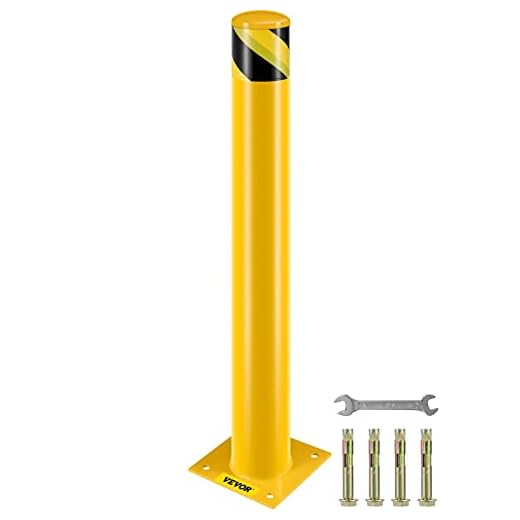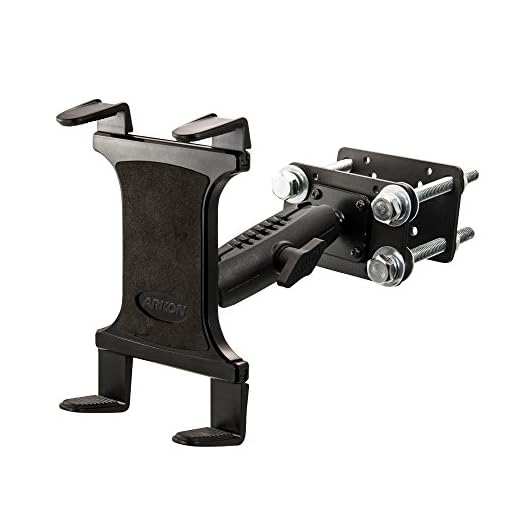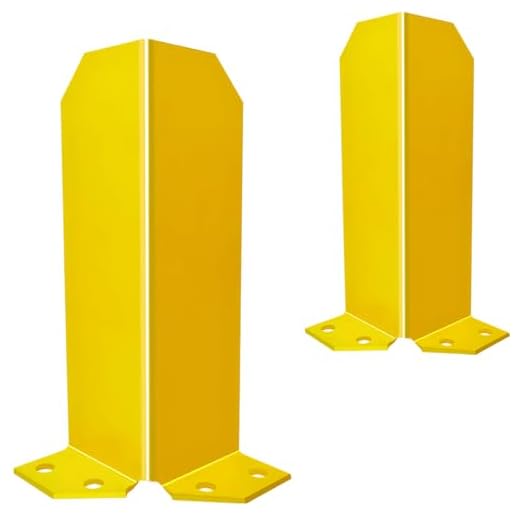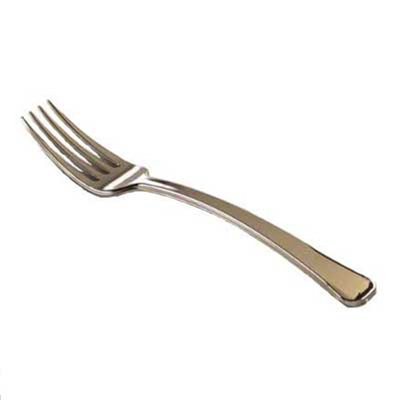




In recent years, workplace safety has become an increasing priority for companies across various industries. One common cause of accidents in warehouses and storage facilities is the improper handling of loads by fork trucks. These accidents can lead to serious injuries, damaged goods, and costly legal battles. As a result, there is a growing debate on whether fork trucks should be fitted with a load guard to prevent such incidents.
A load guard is a protective barrier that is installed on the forks of a fork truck to provide a physical barrier between the load and the operator. It is typically made of robust materials such as steel or reinforced plastics and is designed to withstand impact and prevent objects from falling off the forks. Load guards are commonly used in industries where there is a high risk of loads shifting or falling, such as construction, manufacturing, and warehousing.
Proponents of fitting fork trucks with load guards argue that they can greatly reduce the risk of accidents and injuries. With a load guard in place, the likelihood of loads becoming unstable or falling off the forks is significantly decreased. This provides added protection for both the operator and anyone working in the vicinity of the fork truck. Additionally, load guards can also help prevent damage to goods and equipment, reducing costs for companies.
Benefits of Fitting Load Guard for Fork Trucks
Fork trucks are essential equipment in many industries, used for lifting and moving heavy loads. To ensure the safety of both operators and the surrounding environment, fitting a load guard to fork trucks can provide several significant benefits.
- Enhanced Operator Safety: Fitting a load guard on fork trucks can greatly enhance the safety of operators. A load guard acts as a protective barrier, preventing loose or unstable loads from falling onto operators, reducing the risk of injuries or accidents.
- Prevent Damage to Cargo: Load guards help prevent cargo from falling off the forks or shifting during transportation. This helps to minimize damages to the load, ensuring that goods arrive at their destination in good condition, reducing costs associated with damaged inventory.
- Improved Stability: The presence of load guards can significantly improve the stability of the load on the forks, reducing the chances of load shifts or tipping. This stability allows operators to maneuver the fork truck more confidently, increasing efficiency and productivity.
- Increased Confidence and Efficiency: With a load guard in place, operators can work with increased confidence, knowing that they are protected from falling loads. This confidence leads to improved job performance and increased productivity, as operators can focus on their work without worrying about safety hazards.
- Compliance with Safety Regulations: Installing load guards on fork trucks ensures compliance with safety regulations and standards. Many industries have specific requirements and guidelines for load protection, and having load guards in place helps meet these requirements, reducing the risk of penalties or legal issues.
In conclusion, fitting load guards for fork trucks provides numerous benefits, including enhanced operator safety, prevention of cargo damage, improved stability, increased confidence and efficiency, and compliance with safety regulations. It is crucial for businesses to prioritize the installation of load guards on their fork trucks to promote a safe and productive working environment.
Enhanced Safety Measures
As the safety of forklift operations is of paramount importance, it is essential to implement enhanced safety measures to prevent accidents and protect operators and pedestrians in the vicinity. One key measure that can be taken is fitting fork trucks with load guards.
Load guards act as a protective barrier between the load being carried and anyone in close proximity. They are designed to prevent items from falling off the forks and potentially causing injuries or damage. By installing load guards on fork trucks, the risk of accidents and incidents can be significantly reduced.
Load guards can be particularly beneficial when handling unstable or bulky loads that have a higher risk of shifting or falling. They provide an added layer of security and help to maintain load stability during transportation.
In addition to load guards, other safety measures should also be implemented to further enhance the overall safety of forklift operations. This may include proper training and certification for operators, regular maintenance and inspection of equipment, clear signage and markings in the work area, and implementing designated pedestrian zones.
By prioritizing safety and implementing these enhanced measures, the risk of accidents and injuries can be greatly minimized, creating a safer working environment for all individuals involved in forklift operations.
Increased Work Efficiency
When it comes to operating a fork truck, work efficiency is of utmost importance. Every task should be completed effectively and in a timely manner. One way to enhance work efficiency is by fitting fork trucks with a load guard.
A load guard acts as a protective barrier, preventing the load from falling off the forks during operation. This ensures that the load remains stable and secure, eliminating the risk of damage to the products or potential injuries to the operator or others in the vicinity.
By having a load guard in place, operators can confidently transport loads without worrying about accidents or mishaps. This leads to increased work efficiency as it allows operators to focus on completing their tasks rather than constantly worrying about the safety of the load.
Additionally, a load guard can help streamline the loading and unloading processes. It provides a visual indication of the safe loading capacity, allowing operators to optimize the load size and weight. This prevents overloading or underloading, ensuring that the forklift is being utilized to its full capacity.
In some cases, fork trucks without load guards may require additional labor to secure the load manually using straps or other fastening devices. This can slow down productivity and increase the time needed to complete tasks. However, with a load guard in place, the process becomes more efficient and less time-consuming.
Improved Operator Confidence
Furthermore, the presence of a load guard improves operator confidence. Knowing that the load is secure and protected gives operators peace of mind during operation. They can handle the load with greater ease and precision, leading to improved overall productivity.
With increased work efficiency and improved operator confidence, companies can expect to see significant benefits. Tasks can be completed more quickly and accurately, resulting in higher productivity levels and potentially increased profits.
Conclusion
In conclusion, fitting fork trucks with load guards contributes to increased work efficiency. The load guard provides protection for the load, streamlines the loading and unloading processes, and improves operator confidence. By investing in this simple yet effective safety measure, companies can expect to enhance their overall productivity and optimize their operations.
Reduced Risk of Damages
One of the main reasons why fork trucks should be fitted with a load guard is because it helps reduce the risk of damages. Fork trucks are designed to carry heavy loads, and if not properly secured, the load can shift or fall off, causing damage to the goods being transported as well as the fork truck itself.
By fitting fork trucks with a load guard, the risk of damages can be significantly reduced. The load guard acts as a protective barrier that prevents the load from shifting or falling off during transportation. It ensures that the goods remain securely in place, reducing the chances of damages.
Furthermore, the load guard can also protect the fork truck from damages. In cases where the load does shift or fall off, the guard can absorb the impact and prevent it from directly hitting the fork truck. This helps minimize the potential damage that can be caused to the fork truck, ensuring its longevity and reducing repair costs.
In addition to reducing the risk of damages to the goods and fork truck, a load guard also increases overall safety. When loads are properly secured, there is a lower risk of accidents or injuries caused by falling or shifting loads. This is especially important in busy warehouse or industrial settings where fork trucks are frequently moving loads around.
- Reduced risk of damages to goods being transported
- Decreased potential damage to the fork truck itself
- Increased safety for workers and others in the vicinity
In conclusion, fitting fork trucks with a load guard is essential for reducing the risk of damages. It helps keep the goods securely in place during transportation, protecting both the goods and the fork truck from potential damages. Additionally, it enhances overall safety in the workplace by preventing accidents caused by unsecured loads. Therefore, it is highly recommended to have load guards installed on fork trucks to ensure smooth and safe operations.
Compliance with Safety Standards
Fork trucks play a vital role in many industries, but they can also pose a significant risk to operators and bystanders if not operated safely. To ensure the highest level of safety, it is imperative that fork trucks are fitted with a load guard, as per the safety standards laid out by regulatory authorities.
The load guard serves as a protective barrier between the operator and the load being carried. It prevents objects from falling onto the operator or bystanders, reducing the risk of injury. By installing load guards, companies demonstrate their commitment to creating a safe working environment and complying with safety regulations.
Compliance with safety standards is not only a legal requirement but also an ethical responsibility. Failing to comply with safety regulations can lead to accidents, injuries, and even fatalities. By fitting load guards, companies show their dedication to protecting their employees and creating a culture of safety.
In addition to load guards, fork trucks should also comply with other safety standards, such as regular maintenance and inspections, proper operator training, and clear visibility of warning signs and labels. These measures ensure that fork trucks are in optimal condition and that operators have the necessary skills to operate them safely.
Companies that prioritize compliance with safety standards benefit in several ways. First and foremost, they protect the well-being of their employees, reducing the likelihood of work-related injuries and the associated costs. Moreover, complying with safety regulations enhances a company’s reputation, fostering trust among employees, customers, and stakeholders.
| Benefits of Compliance with Safety Standards |
|---|
| 1. Reduced risk of accidents and injuries |
| 2. Enhanced reputation and trust |
| 3. Compliance with legal requirements |
| 4. Cost savings from preventing accidents |
| 5. Improved employee morale and productivity |
In conclusion, fitting fork trucks with load guards is essential to comply with safety standards. It not only protects operators and bystanders from potential injuries but also demonstrates a company’s commitment to creating a safe work environment. By prioritizing compliance with safety regulations, companies can prevent accidents, enhance their reputation, and protect the well-being of their employees.






